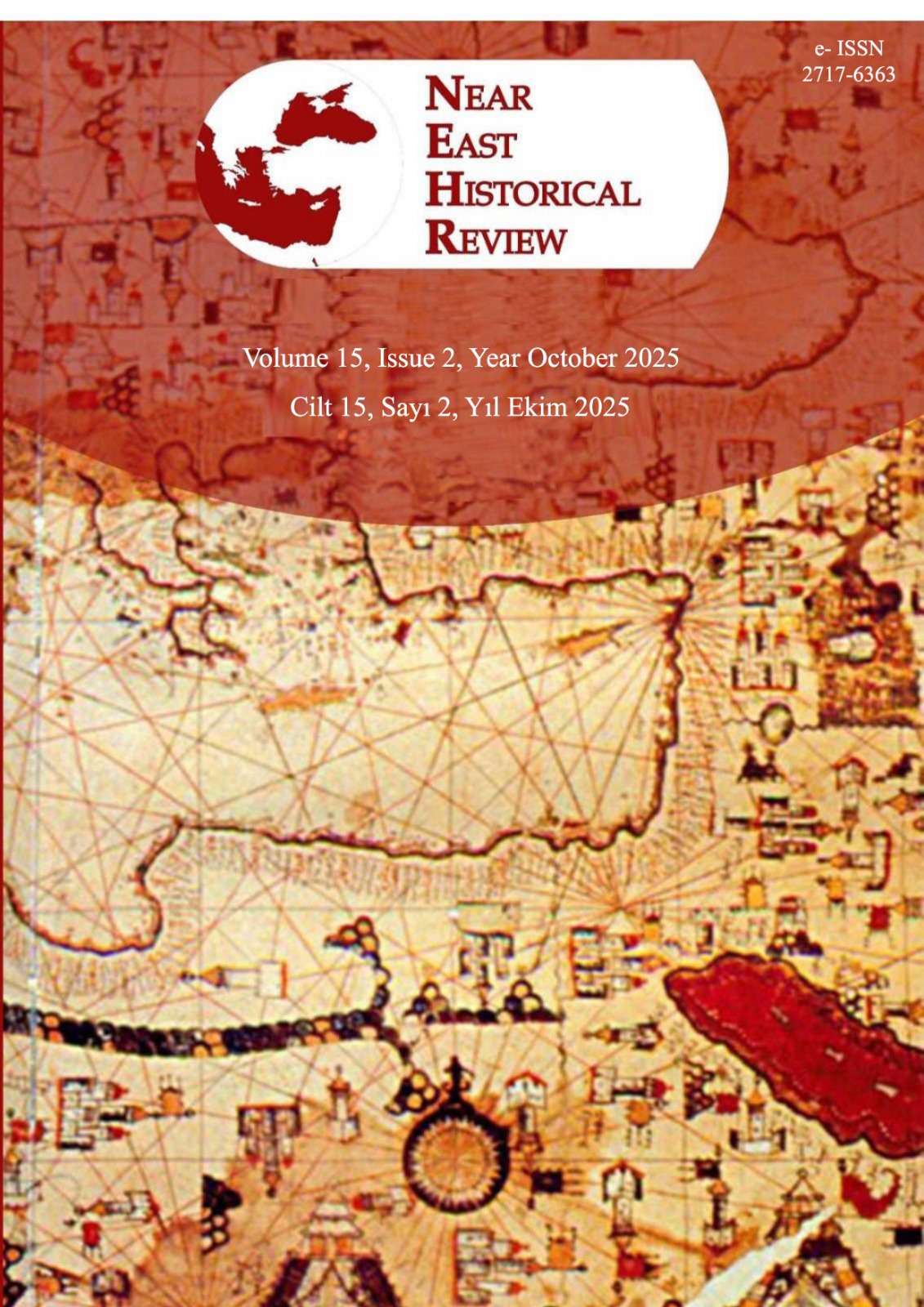Author :
Abstract
İpekçilik, Osmanlı Devleti ve Türkiye Cumhuriyeti tarihinde, Anadolu insanı için en önemli geçim kaynaklarından biridir. İzmir şehrinde ise ipek, üretim ve ticaretin yoğun bir şekilde görüldüğü ve yüzyıllarca geleneksel üretim ilişkileri ve tarzları içinde varlığını sürdüren önemli bir endüstri koludur. Şüphesiz en başta bu rol, İzmir şehrinin ipek kozası üretimi için gerekli şartlara haiz olması ile ilgilidir. Zira İzmir’de ipek üretimi ve ipek böcekçiliği, tarih boyunca önemli ve beceri gerektiren sektör olmuştur. 19. yüzyılda uluslararası ticaretin başlıca aracı olarak önemli bir rol oynamış ve Uzak Doğu ile Batı dünyası arasında ticaret bağlantısını sağlamıştır. İzmir’deki ipekçilik sektörü, liman üzerinde sağlanan yalnızca bir ticaret aracı değil, aynı zamanda kültürel alışverişi ve küreselleşmeyi sağlayan bir tarımsal üretim sektörü haline gelmiştir. Bu da ipeği geleneğin ve istikrarın simgesi haline getirmiştir.
Diğer taraftan ipekçilik, Türkiye’nin geleneksel tarım ürünlerinden biri olmasına karşın II. Dünya Savaşı sonrası ve 1950’li yıllarda Yeşil Devrim’in ve 1980’lerden itibaren uygulanan neoliberal politikaların teşvik ettiği tarımsal girdiler sebebiyle gerileme eğilimi göstermiştir. İpekçilik; suni ipek üretimi, kimyasal elyaflarla olan rekabet ve koza fiyatlarındaki istikrarsızlık vb. nedenlerle krize girmiştir. Günümüzde ipeğe olan ilginin artmasının başlıca nedeni ipekli kumaşların coğrafi işaretli olmasıdır. Modern Türkiye’de son yıllarda kırsal alanlara ve organik tarıma ilginin artmasıyla birlikte ipek tekstiline olan talep, geleneksel olanın hatırlanmasıyla gerçekleşmiştir. Bu çalışma ile İzmir’deki bir sektör vasıtasıyla Osmanlı Devleti’nden Türkiye Cumhuriyeti’ne, toplumun ve onu yönetenlerin düşün dünyasındaki değişim ve bu değişime etki eden faktörler ortaya konulmuştur. İktisadi olarak ise sektördeki değişimin nedenleri gösterilmiştir.
Keywords
Abstract
Silk farming is one of the most important sources of livelihood for Anatolian people in the history of the Ottoman Empire and the Republic of Turkey. In the city of Izmir, silk is an important branch of industry where production and trade are intensively seen and which has continued to exist within traditional production relations and styles for centuries. Undoubtedly, this role is primarily related to the fact that the city of Izmir has the necessary conditions for silk cocoon production. Silk production and silkworm farming in Izmir has been an important and skilful sector throughout history. In the 19th century, it played an important role as the main means of international trade and provided a trade link between the Far East and the Western world. The silk industry in Izmir has become not only a means of trade through the port, but also a sector of agricultural production that enables cultural exchange and globalisation. This has made silk a symbol of tradition and stability.
On the other hand, although sericulture is one of Turkey's traditional agricultural products, it has shown a declining trend due to the agricultural inputs promoted by the Green Revolution after World War II and in the 1950s and neoliberal policies implemented since the 1980s. Silk production has entered a crisis due to artificial silk production, competition with chemical fibres and instability in cocoon prices etc. The main reason for the increasing interest in silk today is the geographical indication of silk fabrics. With the increasing interest in rural areas and organic agriculture in modern Turkey in recent years, the demand for silk textiles has been realised by remembering the traditional. In this study, the change in the world of thought of the society and its rulers from the Ottoman Empire to the Republic of Turkey through a sector in Izmir and the factors affecting this change have been revealed. Economically, the reasons for the change in the sector are shown.





